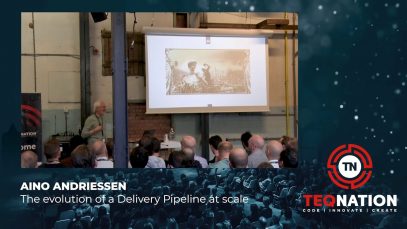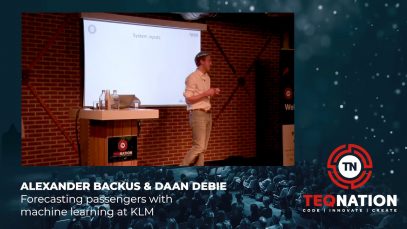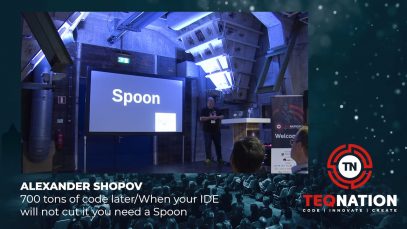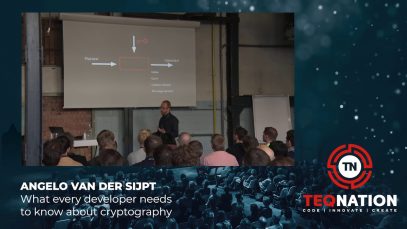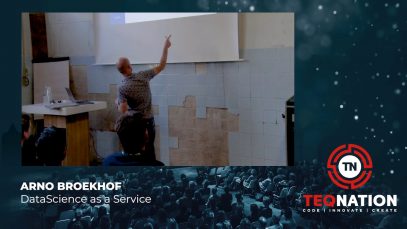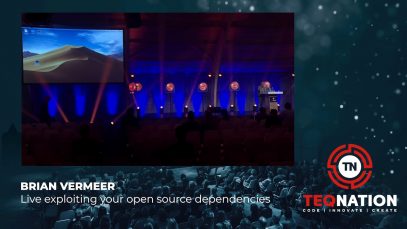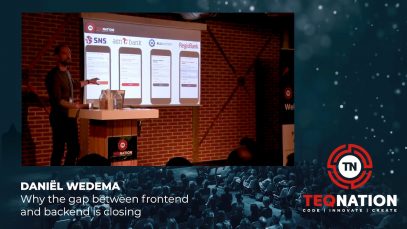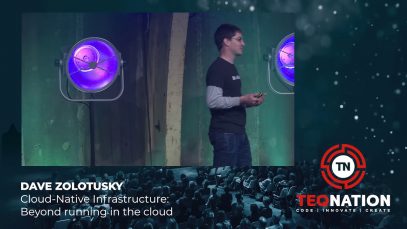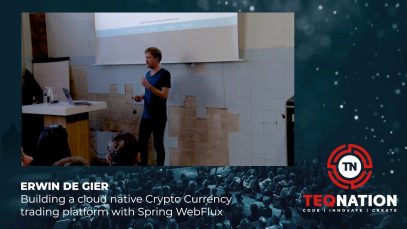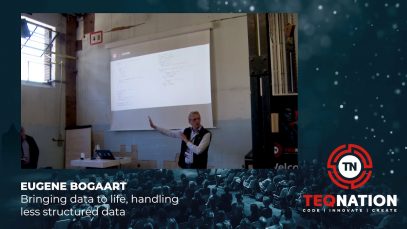TEQnation 2019: Aino Andriessen – The evolution of a Delivery Pipeline at scale
Note: Please excuse us for the audio quality. At the Dutch Tax Office we’re developing a few hundred applications to collect taxes, to support customs, and to payout allowances. The social impact and the political aspects are major concerns on how we organize our processes. We’re currently in the middle of a journey implementing CICD […]




